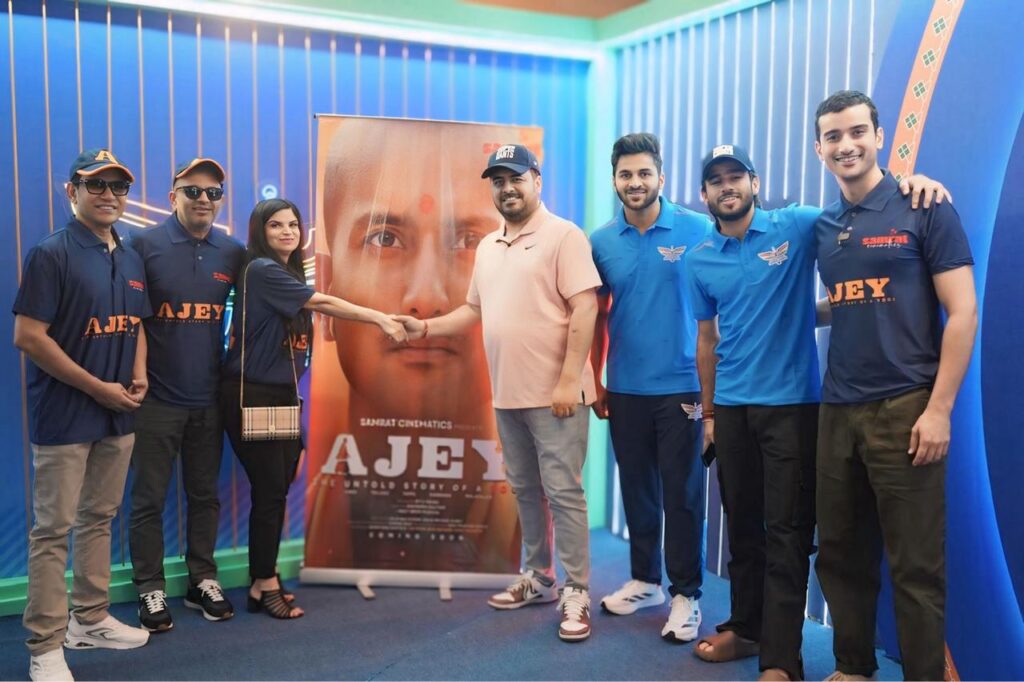The Karnataka government and the Karnataka Soaps and Detergents Limited (KSDL) have come under public scrutiny after the announcement that Bollywood actress Tamannaah Bhatia has been chosen as the new brand ambassador for the iconic Mysore Sandal Soap. The move has sparked a wave of criticism on social media, with many questioning the decision to appoint a non-Kannadiga celebrity to represent a product deeply rooted in Karnataka’s cultural identity.
The controversy began earlier this week when KSDL, a state-owned enterprise, unveiled its promotional campaign featuring Tamannaah Bhatia. Known for her work in Telugu, Tamil, and Hindi cinema, the actress does not have a strong association with Karnataka, leading to widespread backlash from local communities, Kannada activists, and netizens.
Critics argue that appointing an ambassador with little connection to the state undermines the rich legacy of Mysore Sandal Soap, a brand that has symbolized Karnataka’s heritage for over a century. “It is disheartening to see a cultural symbol like Mysore Sandal Soap being represented by someone who does not belong to or represent our linguistic and cultural ethos,” said Vatal Nagaraj, a prominent Kannada activist.
The hashtag #KannadigaForMysoreSandal began trending on social media, with thousands calling for the endorsement to be handed over to a Kannada-speaking actor or personality. Many users cited local talents such as Radhika Pandit, Yash, and Ramesh Aravind as more fitting choices, given their cultural resonance and local popularity.
In response to the criticism, KSDL officials defended their decision, stating that the choice was made to enhance the brand’s national visibility and expand its market reach across India. “Tamannaah Bhatia is a pan-India star. Her association will help the brand connect with a broader audience and elevate its image on a national scale,” said a senior KSDL official, requesting anonymity.
Despite the rationale, the move has reignited ongoing debates around regional representation, identity, and the role of public sector companies in preserving local culture. Political parties have also weighed in, with opposition leaders accusing the ruling government of neglecting Karnataka’s cultural interests. “This decision reflects a worrying trend of sidelining regional pride for commercial interests,” said a spokesperson from the Janata Dal (Secular).
Branding experts have offered mixed views on the issue. While some acknowledge the strategic intent behind the selection, others caution that alienating the core consumer base could harm the brand in the long term. “Brand loyalty is built on authenticity and emotional connection. Choosing a face that the public feels disconnected from can backfire,” said marketing consultant Ramesh Iyer.
As the controversy unfolds, calls are growing for KSDL to reconsider its decision and engage more closely with local stakeholders. Meanwhile, Tamannaah Bhatia has yet to make a public statement regarding the uproar.
Mysore Sandal Soap, first launched in 1916, is the only soap in the world made from 100% pure sandalwood oil. It has long been a source of pride for Karnataka, and its legacy continues to evoke deep emotional ties among Kannadigas.
With public sentiment strongly leaning towards regional representation, it remains to be seen whether KSDL will stand by its choice or bow to the growing pressure to bring a Kannadiga face to the brand.



